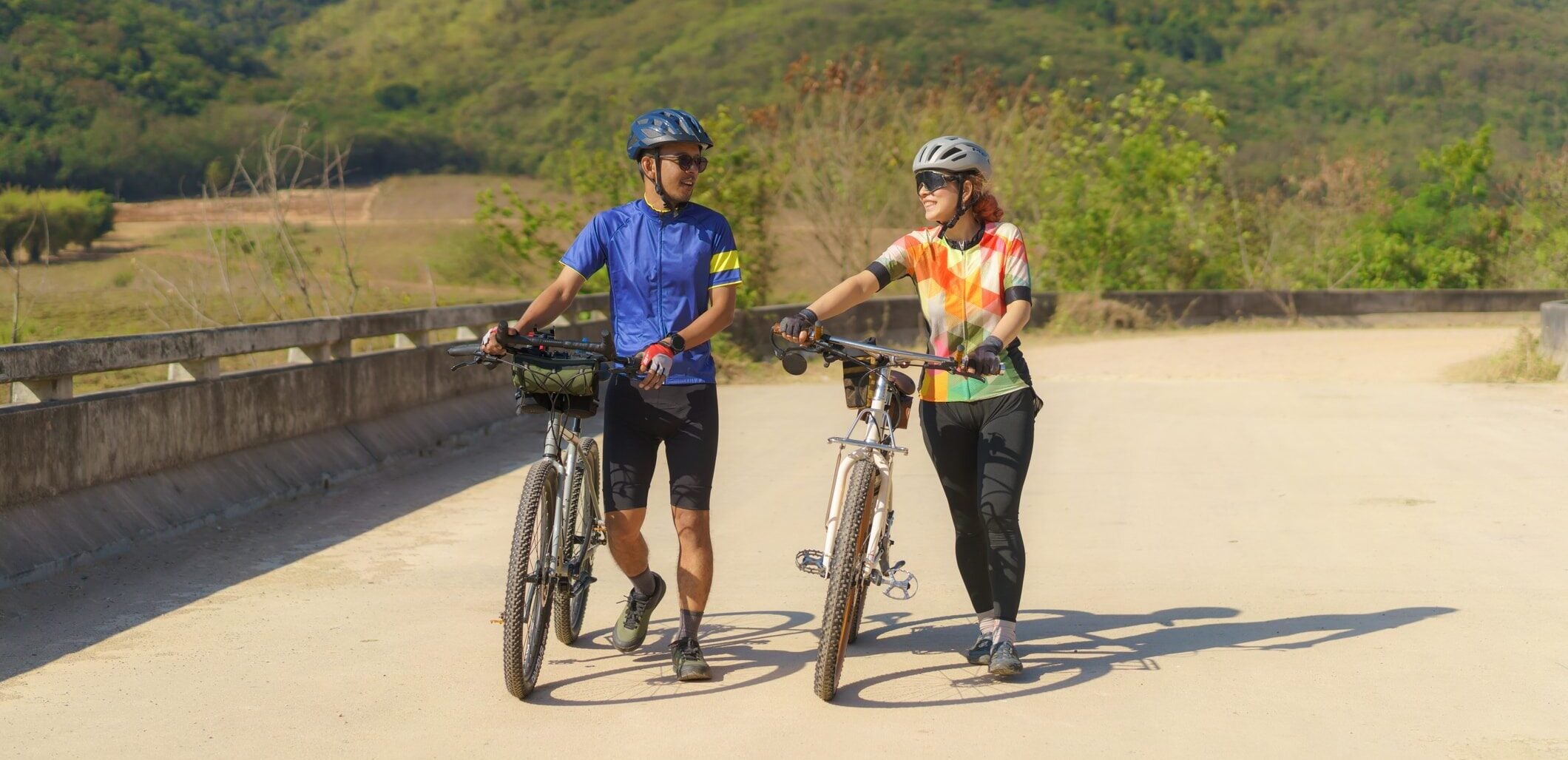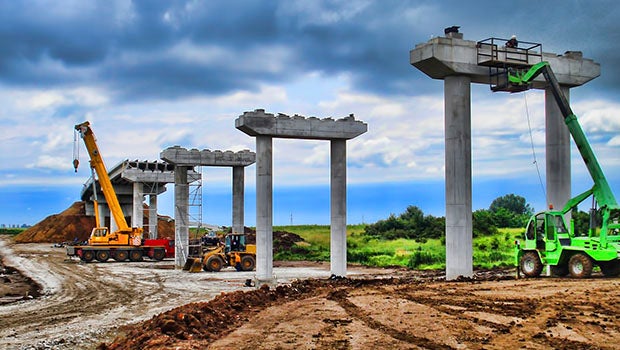Executive Summary document for Mapping a New Terrain: A Call to Action. Get quick takeaways and recommendations for action.
Encouraged by federal programs and philanthropic initiatives, many rural and Native nation communities are turning to outdoor recreation as a primary economic strategy. However, the tourism sector has a history of inequitable outcomes and can put unsustainable pressure on local systems and resources.
As new rural outdoor recreation economies take root, we can meet this moment by improving how we do outdoor recreation development to better support rural families, businesses, and workers, create more sustainable and equitable economic systems, and improve local health and wellbeing.
We recently convened 27 rural economic and community development practitioners from a diverse range of communities to inform Mapping a New Terrain: A Call to Action.
Through this process, we’ve identified five principles to improve health and economic outcomes for rural communities and Native nations — as well as actionable steps to achieve these principles.
- Advance local, equitable, sustainable ownership and control of outdoor recreation assets.
- Build resilient infrastructure that supports a flourishing community, including diverse outdoor recreation businesses and workers.
- Work regionally to build trust, achieve scale, and meet shared outdoor recreation challenges and opportunities.
- Respect the local landscape, people, and culture in the design and implementation of all development efforts.
- Design for equitable access to and participation in outdoor recreation activities.
Outdoor recreation development done equitably builds a sustainable economic strategy based on local and regional natural assets like forests, riverways, seashores, mountains, and more and connects those assets into value chains that grow local business ownership and high-quality jobs.


